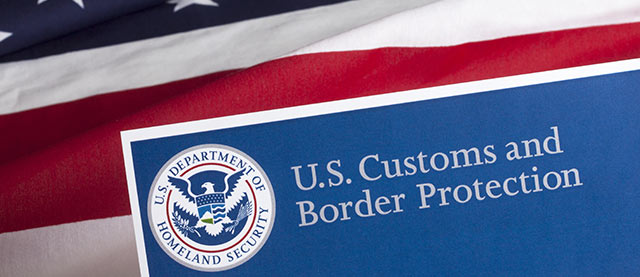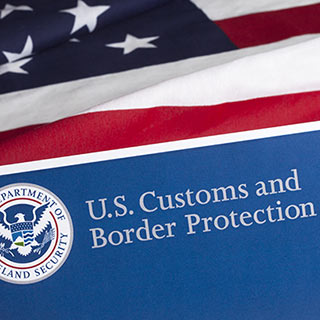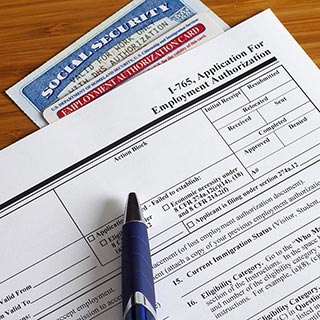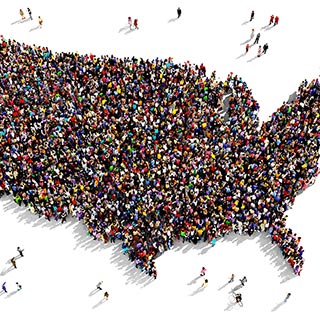If you don’t have authorized immigration documents, you may still be able to attend college in the United States. State and federal laws affect your access to postsecondary education, federal and state financial aid, and employment, but they don’t eliminate your options entirely.
Undocumented students are foreign nationals who have not received authorized immigration documents from the federal government. Many undocumented students immigrated to the United States as children and have grown up attending American schools. When it comes to college, though, your access to education depends on your immigration status.
Unfortunately, there are any number of obstacles that may prevent students without documents from attending college. These range from the very real fear of deportation to a lack of access to financial aid and no clear route to U.S. citizenship. While these obstacles may seem insurmountable, there are ways to attend college if you are persistent and driven.
While there are no quick solutions for adjusting your immigration status, there are immigration procedures that could potentially benefit you in the short term. Since many children did not knowingly break the law when crossing into the United States, Deferred Action for Childhood Arrivals, commonly known as DACA, grants some undocumented students the right to work and postpone their immigration hearings.
DACA is an option for students without documents. DACA postpones immigration hearings for two years but is renewable indefinitely. While applying for DACA is not free, it may grant you peace of mind while you attend college.
The earlier you start planning for college, the better. Students without documents who want to attend college have quite a few more obstacles to overcome than U.S. citizens. Knowing your immigration status, requesting (and renewing) DACA, and doing everything you can in high school to become a competitive applicant may help you up your chances of admission.
Many undocumented students want to know upfront if they can pursue higher education in the United States. The simple answer? Yes! The long answer? Yes, but only at some schools in some states. For the majority of undocumented students, higher education is more expensive and more difficult to access than it is for citizens and legal residents. With that being said, thousands of undocumented young people make their way to U.S. colleges each year. With patience, hard work, and a focused college search, you can be one of them.
There are many colleges that would be happy to have students without documents as their students, but your college options are limited because of your immigration status. Once you’ve found a school willing to accept you, focus on what you can afford. Your tuition costs will be different if you decide to attend a vocational school versus a private four-year college, for example.
Students without documents are not eligible for federal financial aid, but you may be able to access in-state tuition rates or state-funded scholarships if you have lived in one state for a long period of time. You can also search and apply for private scholarships, but pay particular attention to their eligibility criteria.
Students without documents are not allowed to participate in the federal work-study program, but there may be other options to pursue employment. Students with an employment authorization document through DACA are permitted to work in the U.S. Consider a paid internship, a job with a local employer, or independent contracting. Without DACA and an employment authorization document, you are not allowed to pursue any paid opportunities.
Though getting to college as a student without documents is hard, you are not alone. Your parents, friends, and other students without documents are a built-in support system that you can always count on. You can also explore the resources offered by your college and organizations in your region.






















